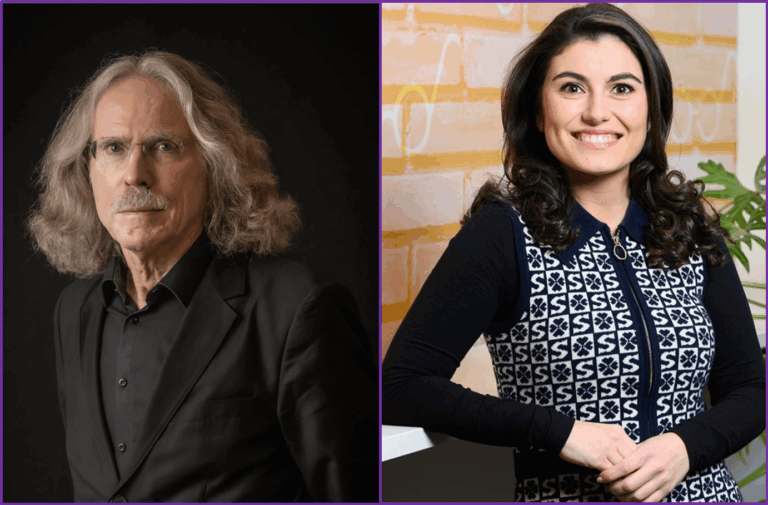Ton Bakker MD PhD, Professor RUAS Preservation of optimal bio-psycho-social functioning in older adults from a life course perspective and Stichting Wetenschap Balans
Canan Ziylan, PhD senior researcher and lecturer in Nutrition, Prevention, Geriatrics and Dementia

There is much negative publicity about the health care for the frail older adults, for example with dementia and multi-morbidity. However, in scientific research programs the results are also quite disappointing. We see a low percentage (< 50 %) of treatment fidelity in the intervention programs at stake. We do not apply what we agree on. Research on the educational content with respect to frail older adults shows that this is very poor within every health care profession. From the perspective of formal education, the professionals who provide treatment and care the frail older adults are relatively unqualified and incompetent.
Government, health inspection and umbrella organizations should focus on solving this issue instead of enforcing their control mechanisms. Formal education is the hallmark of quality treatment and care especially in case of complex and unpredictable health problems of older adults with dementia and multi-morbidity. If we don’t change our policy and don’t invest in the solution of fundamental educational shortcomings we continue to build on quicksand.
To formulate and adhere to an integral masterplan based on evidence-based methods and interventions to solve this issue is imperative. Education as will be developed within the SACRED project can be one of the building blocks of that masterplan.
All help and care provided should be person-centered. A lot of care and welfare organizations have their mouths full of being and performing ‘person-centered’. But that is quite disappointing in practice. People’s needs are not so much considered; care is mainly organized based on supply. Choices are more financially driven or based on a short-term vision.
Of course, finances are important, but inadequate training of health care professionals has major consequences for care recipients and caregivers themselves. In our research into neuropsychiatric symptoms or ‘problem behavior’ in people with dementia, we saw that really listening to people, really getting to know them and understanding where behavior comes from, including them in the treatment plan, is very effective.
Our research is always about ‘valuable aging‘. That actually starts from childhood. We are not born under equal circumstances, so valuable aging does not come naturally to everyone. It is especially important that we look much more broadly at what is needed from early childhood to eventually become a valuable (older) adult up to and including the last phase of life. We are one human being with one life course, there is no place for a fragmented care system to go with that. For that reason, SACRED will look into older adults with dementia and multimorbidity from an integral perspective, with older adult as the central player and focus.



